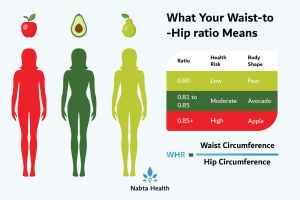What is the Rotavirus Vaccine?

Rotavirus vaccine is designed to reduce your child’s risk of contracting a serious gastrointestinal illness after infection with the rotavirus. It is the only orally administered vaccine. Two or three doses of the vaccine are given in between the 6th and 32nd week of life, depending on which vaccine your pediatrician orders. The first in the series must be given by age 14 weeks, 6 days. The second dose must be given by 8 months, 0 days. The vaccine is placed directly into the mouth of the infant, which means less needle sticks. It is also the most recently licensed vaccine, being widely used since 2006.
Rotaviruses are a ubiquitous cause of childhood vomiting and diarrhea. Prior to the introduction of the vaccine, nearly all children experienced rotavirus prior to their fifth birthday. In some kids, the infection causes fever, vomiting, and diarrhea for several days. In others, it leads to dehydration that requires intravenous rehydration in the hospital. Each year in the US, a small number of children die from complications of rotavirus infection. Studies estimate the vaccine to be between 85-98 percent effective in preventing severe disease.
Worldwide, rotaviruses are a leading cause of child mortality. The World Health Organization estimates that over 500,000 children under the age of 5 die from complications of rotavirus infection each year. Globally, this is an extremely important childhood vaccine, especially in those areas where intravenous fluids and medical support of dehydration are absent.
Like any medication, there are risks associated with either of the rotavirus vaccines in current use. Fussiness, mild vomiting, and/or diarrhea are the most common side effects. These should be mild and brief. Notify your child’s physician if symptoms last more than a day. Rarely, infants can experience a bowel blockage (known medically as intussusception) in which one part of the intestine telescopes into another section. Treatment requires hospitalization and sometimes surgery. The CDC estimates that for every 100,000 doses of rotavirus vaccine given, there will be one to three additional cases of intussusception than would be expected in the general infant population. Despite how rare this complication is, if your infant experiences abdominal pain, vomiting, and bloody stools with periods of exhaustion, call your physician immediately.
It is always important to read the vaccine information statement, which is provided by each doctor’s office prior to vaccinating your child. The VIS should be readily available in the office.
Sources:
- Centers for Disease Control and Prevention
- Rotavirus.
World Health Organization - Rotavirus.
Powered by Bundoo®










